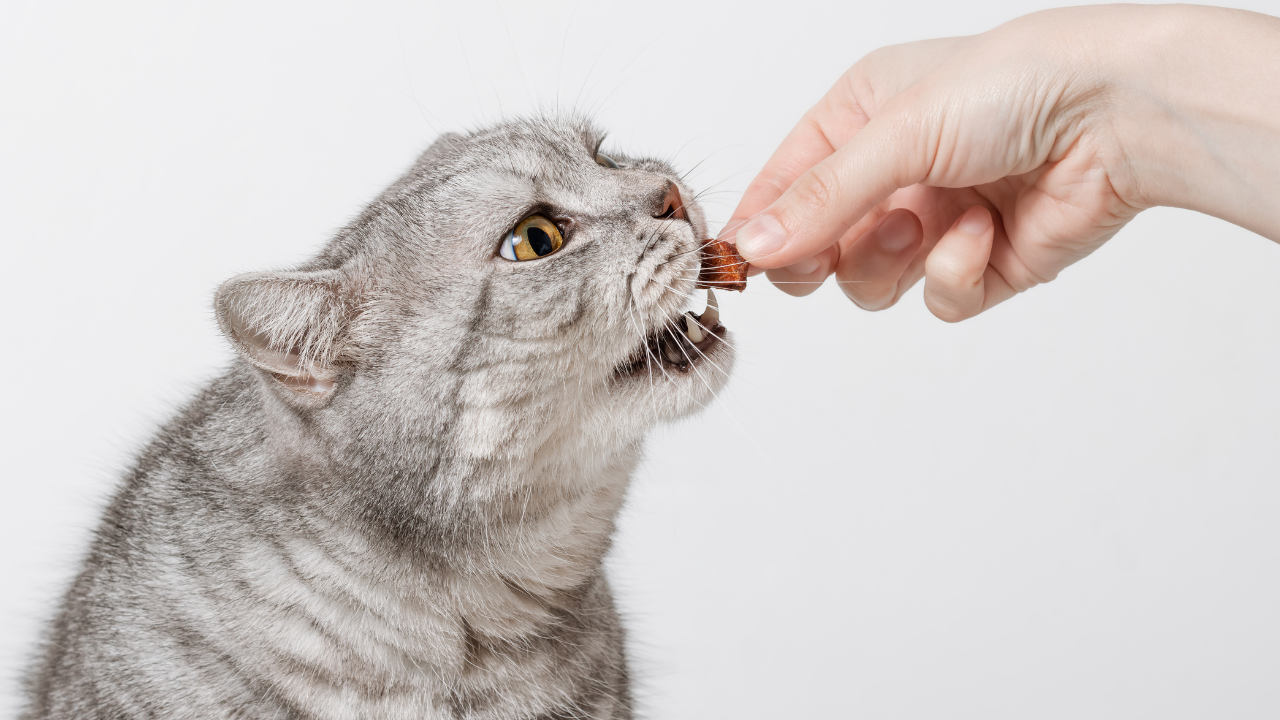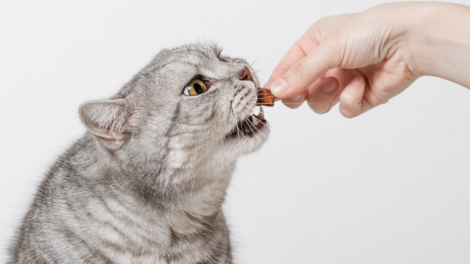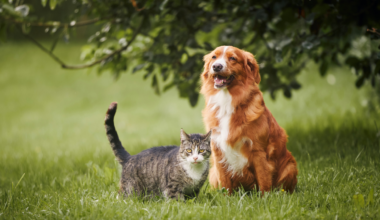- You have no items in your shopping cart
- Subtotal: 0 ₫

“Tips” to help care for healthy, obedient cats
Cats also go through the stages of birth, disease, aging, death like humans. At each different stage, the diet and health status of cats are different. Along with that, you need to note the combination of creating good habits in daily activities for cats. Here are the knowledge about nutrition and how to train good habits for cats.
Take care of cats with a simple diet
The diet should be divided according to each stage of cat development. Depending on the age, the nutritional content will be changed to best suit the cat’s body. The four main stages of cat development are as follows:

Newborn cats under 6 weeks old
The kitten is still quite small and weak. You need:
- Warm the kitten’s body 24 / 24 with a cotton towel or a heating lamp.
- Can replace mother cat’s milk with pasteurized milk. Feeding day from 3-4 times, meals are evenly spaced.
- Add dog and cat calcium to milk when feeding kittens. The dosage is about 1 / 6 tablet / day.
- Disinfect the bottle or cylinder with 40 degrees water before mixing the milk for the cat.
- Use a soft towel to clean the kitten’s toilet.
Kittens from 6 to 10 weeks old
This stage kittens walk more quickly and easily. The way of care is almost the same as newborn cats. You need to supplement a large amount of protein for kittens during this period.
- Give the kitten milk 2 times a day. Mix calcium into the milk about 1 / 8 – 1 / 6 tablet / day.
- Start feeding more puree mixed with pork, fish, chicken.
- Avoid feeding kittens fish bones, pigs, chickens,…
- Bathe the cat once a month, bathing with warm water.
- Use a specialized bath for dogs and cats to wash, treat lice.
Kittens from 3 to 6 months old
At this time, the kittens are in the developmental age, begin to have more fleshy skin. Caring for kittens at this stage has many changes to note.
- Can wean, feed rice with meats and nutritional supplements.
- Use calcium regularly in the cat diet
- Feed your cat nuts (mix a little more milk if your cat is not used to nuts)
- Prepare to add a bowl of water next to the dining bowl. Clean these two bowls regularly.
- Deworming, vaccination against diseases on the advice of a veterinarian.
Cats over 6 months old
It can be said, this is the stage of adult cats. They look sturdy and have quite good resistance. Easy care mode, but the adult cat personality is sometimes a little unfriendly. Some notes for pets:
- The diet is usually pre-formed.
- Deworming and routine vaccination. Deworming at monthly intervals, repeat vaccination at annual intervals.
- Training older cats to change old habits will be difficult
- Avoid psychological shocks such as changing owners for cats over 2 years old.
- Avoid some foods that can make your cat sick, such as chocolate, etc.

For any unusual phenomenon of cats such as vomiting, passing out, red rash all over the body,… you need to take the cat to the nearest veterinary clinic to receive timely advice from veterinarians.




